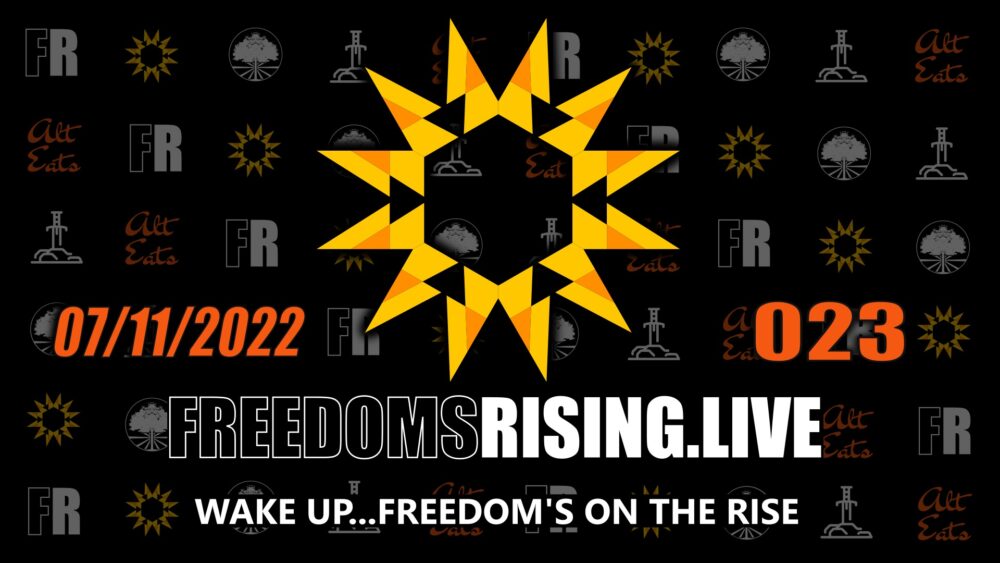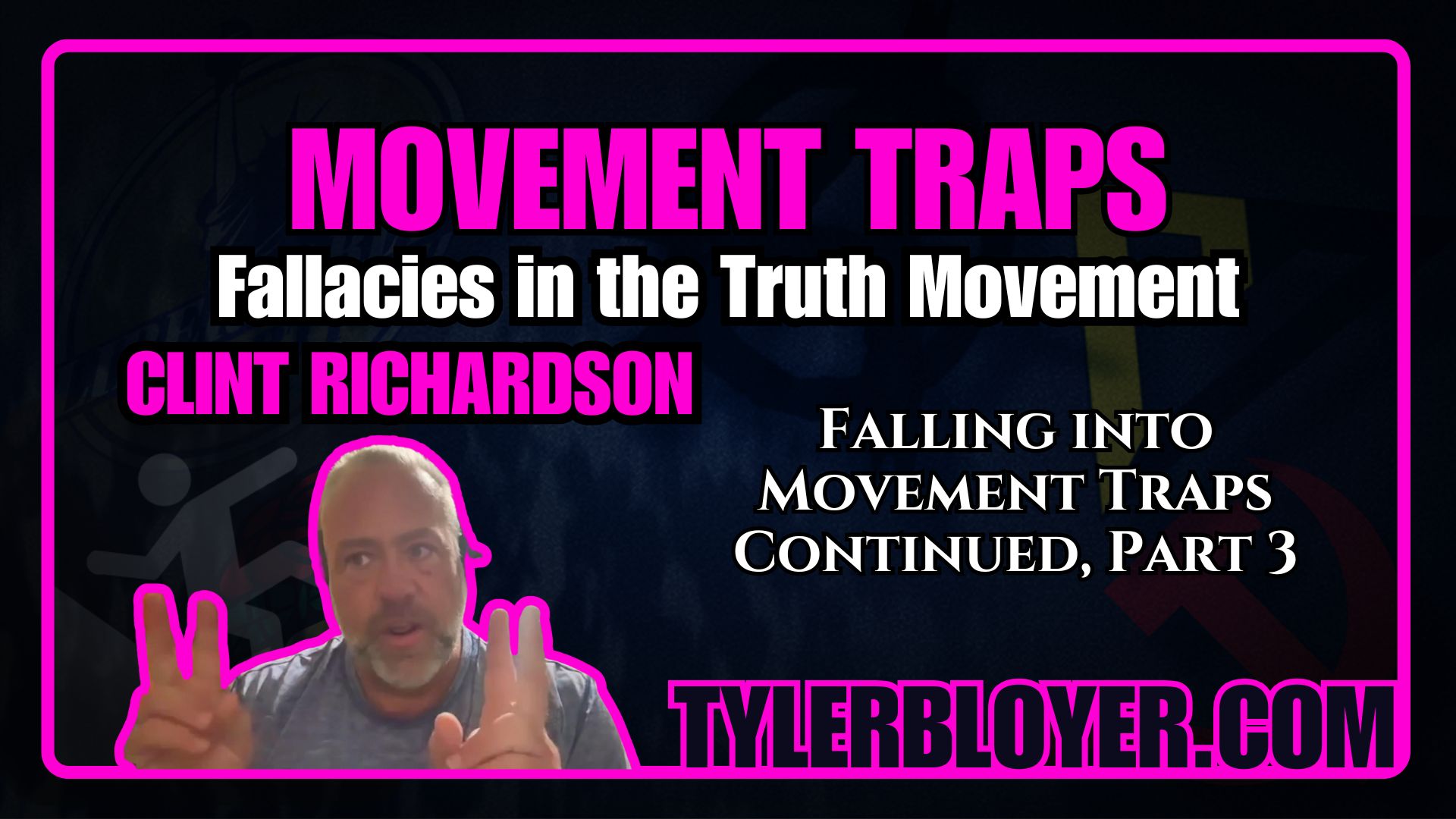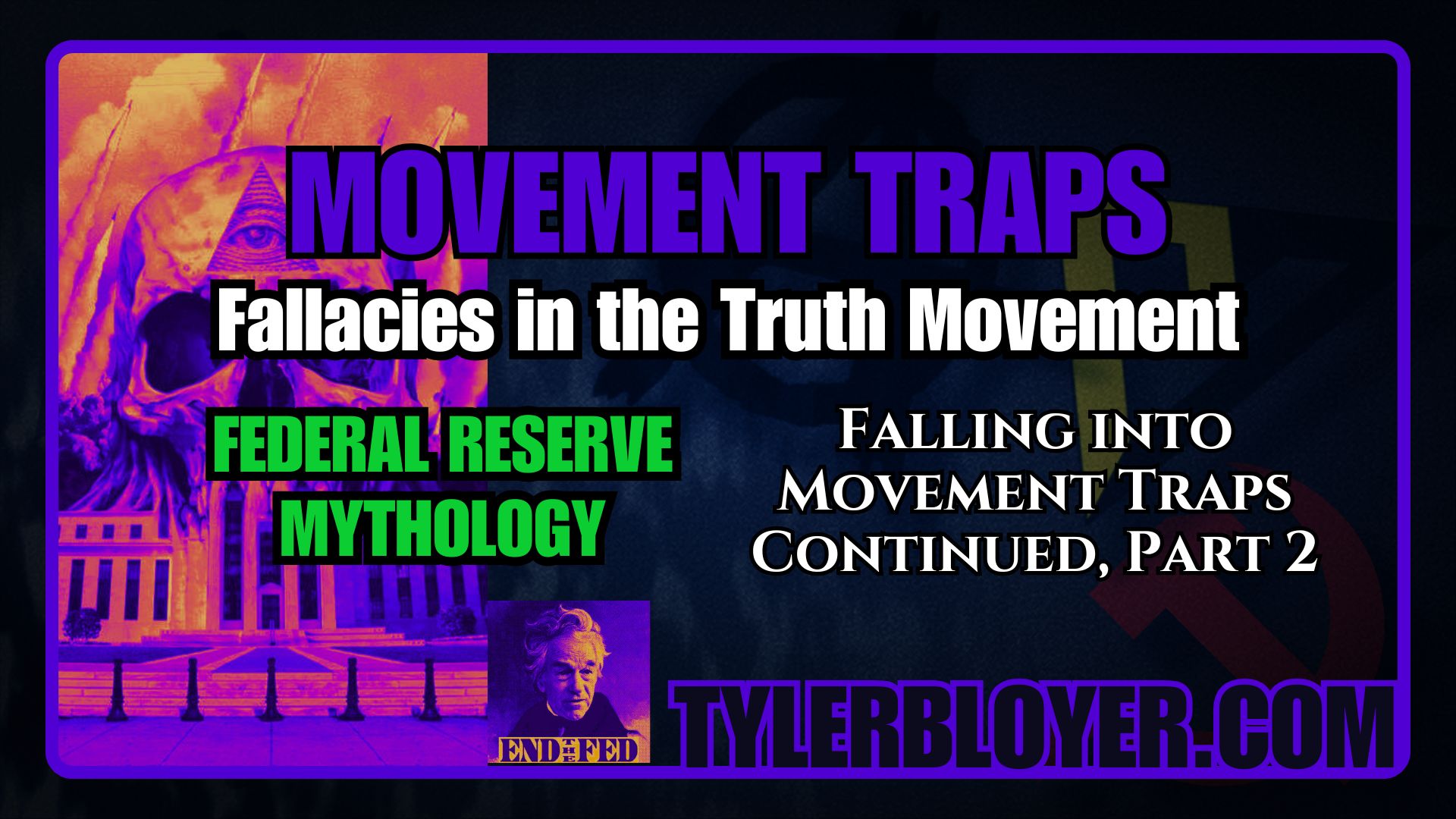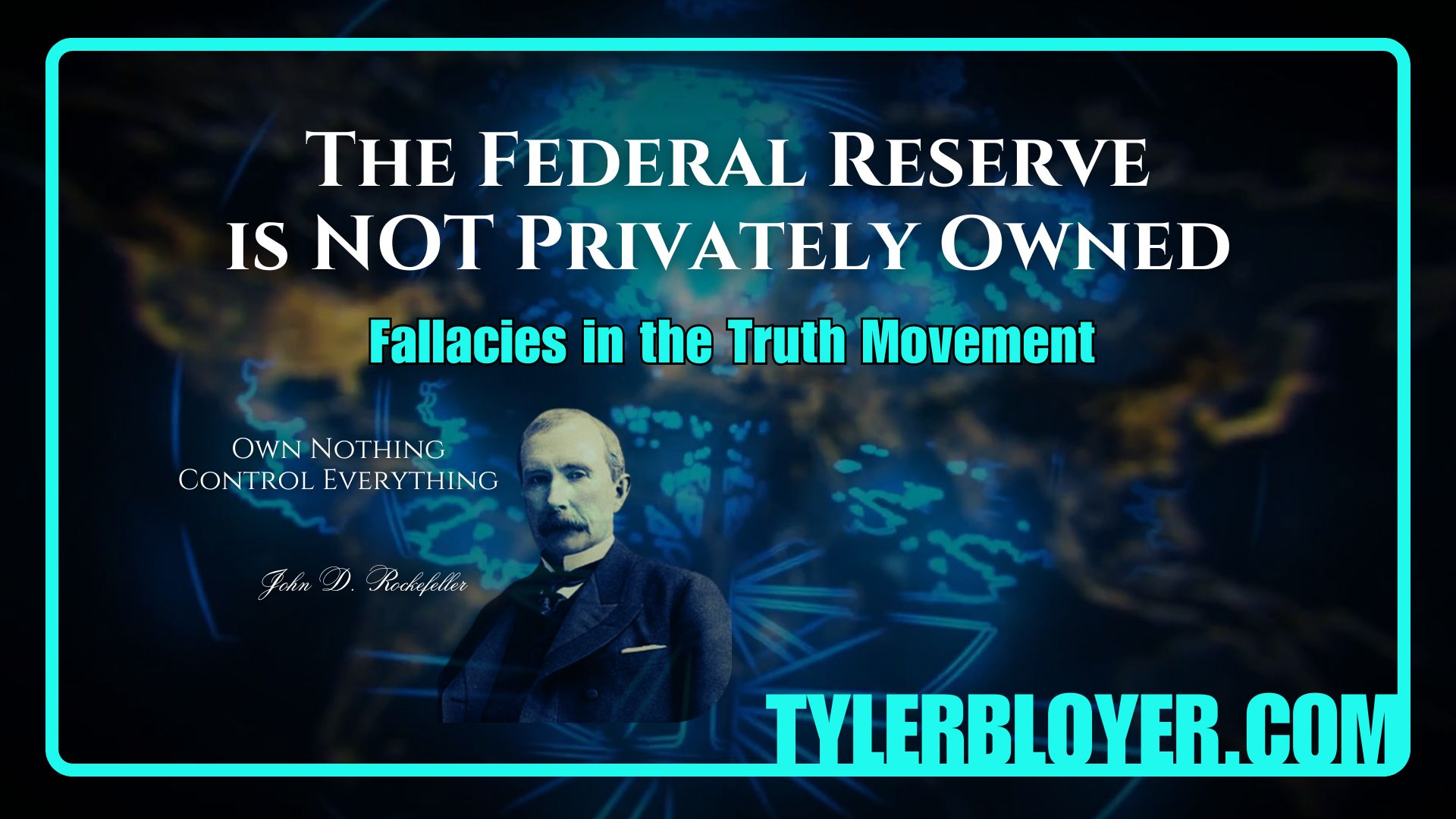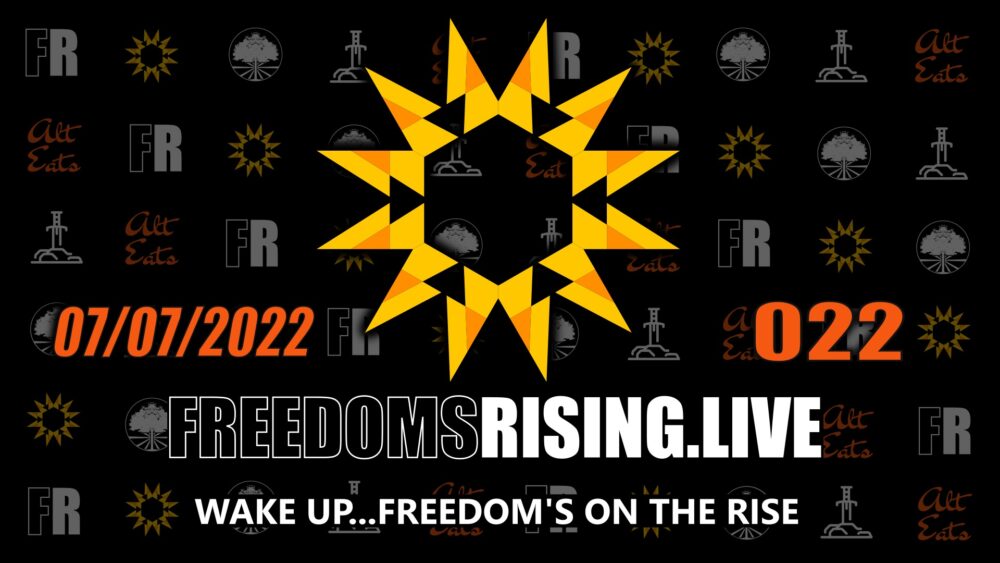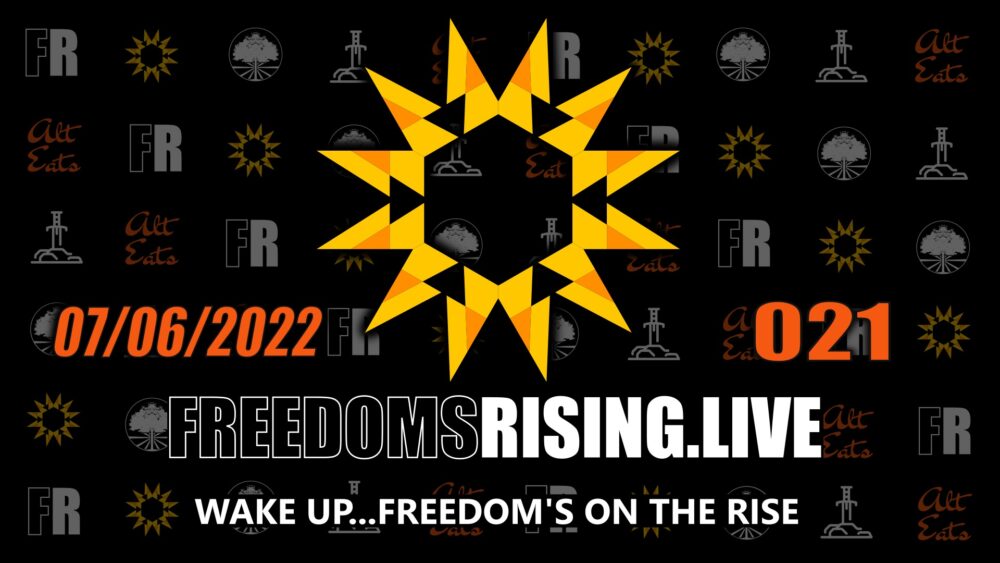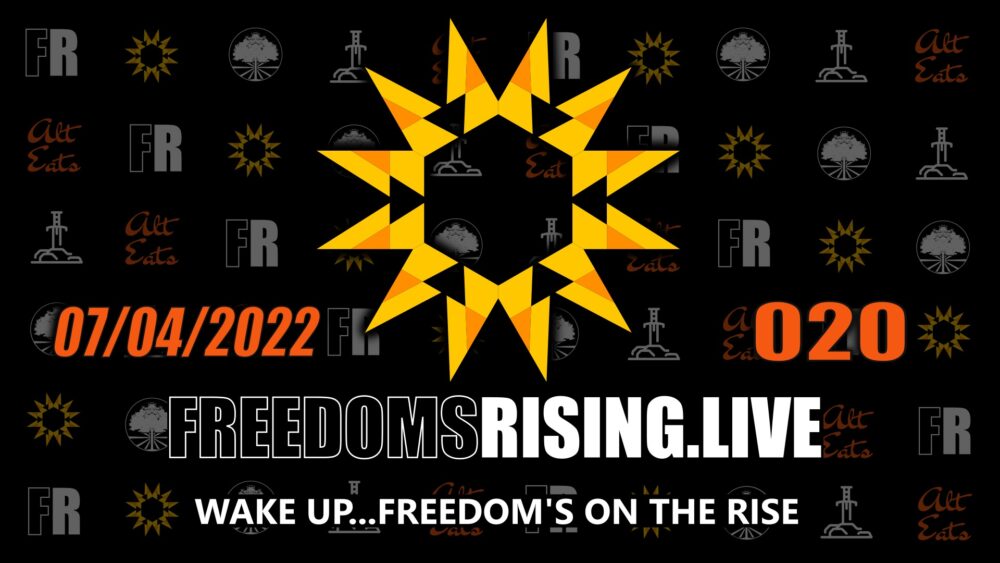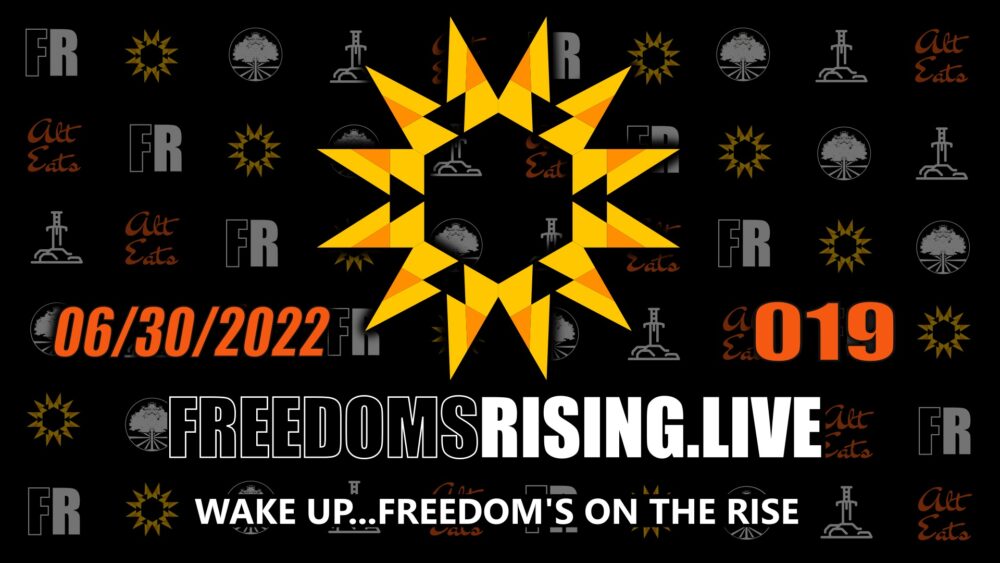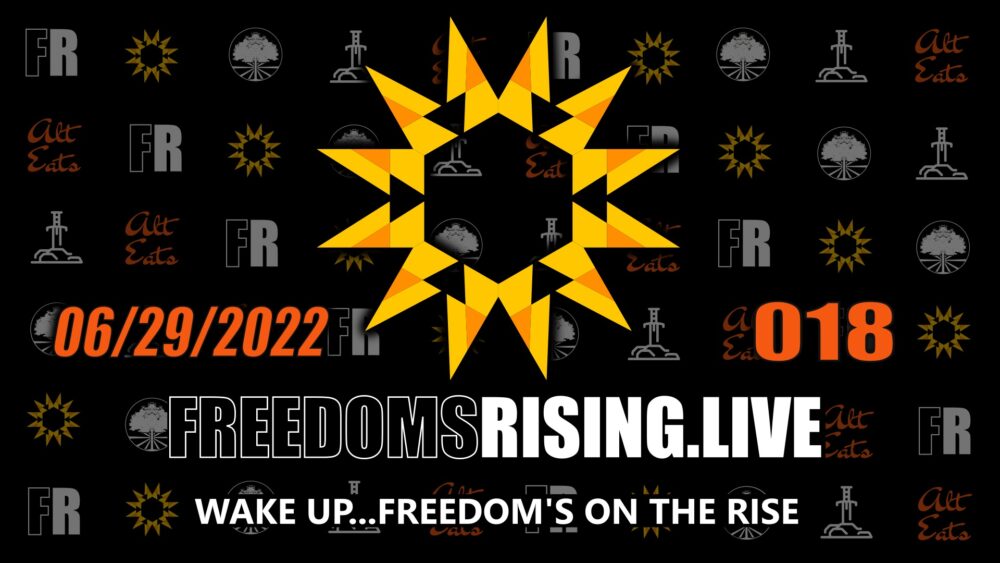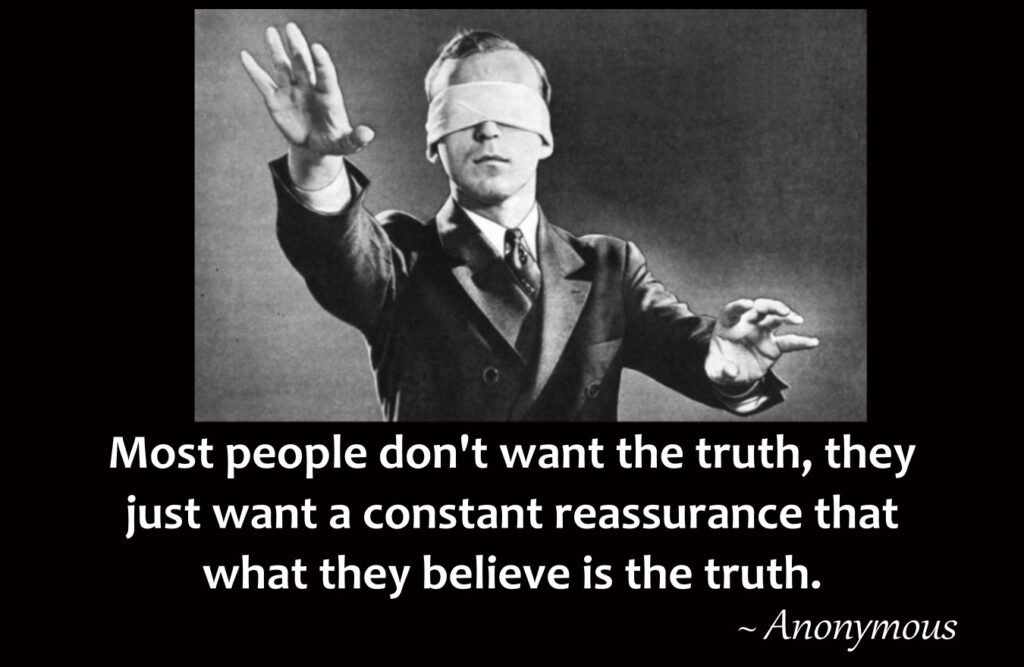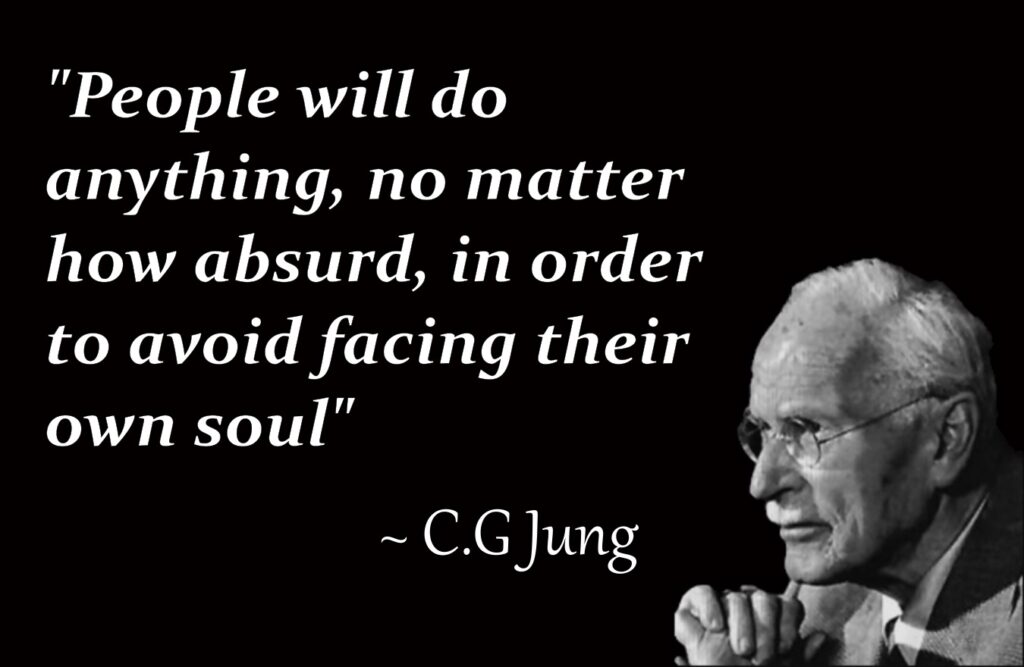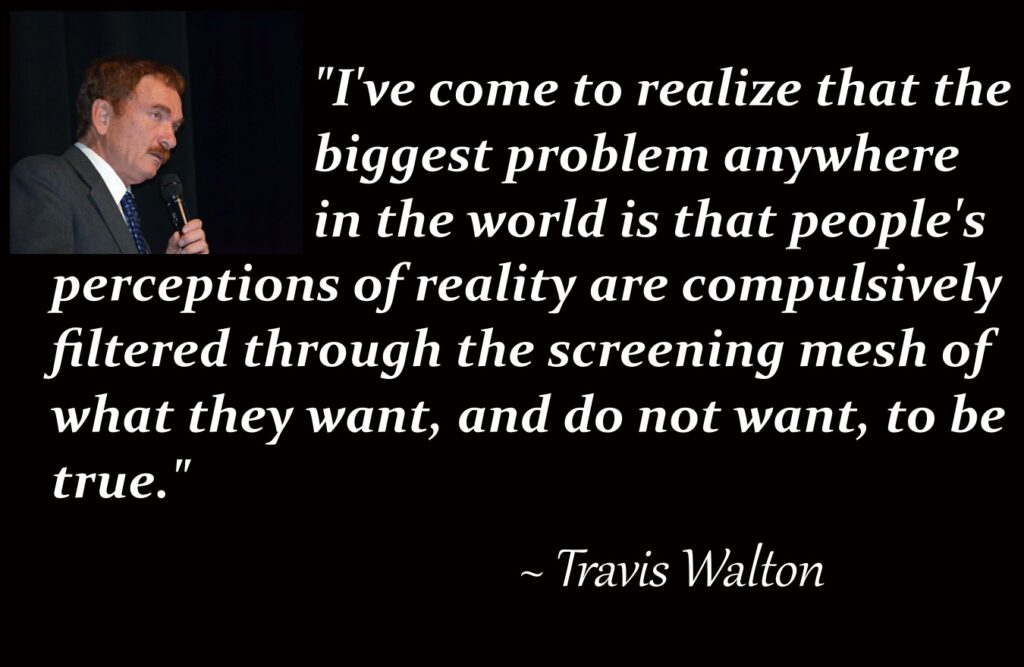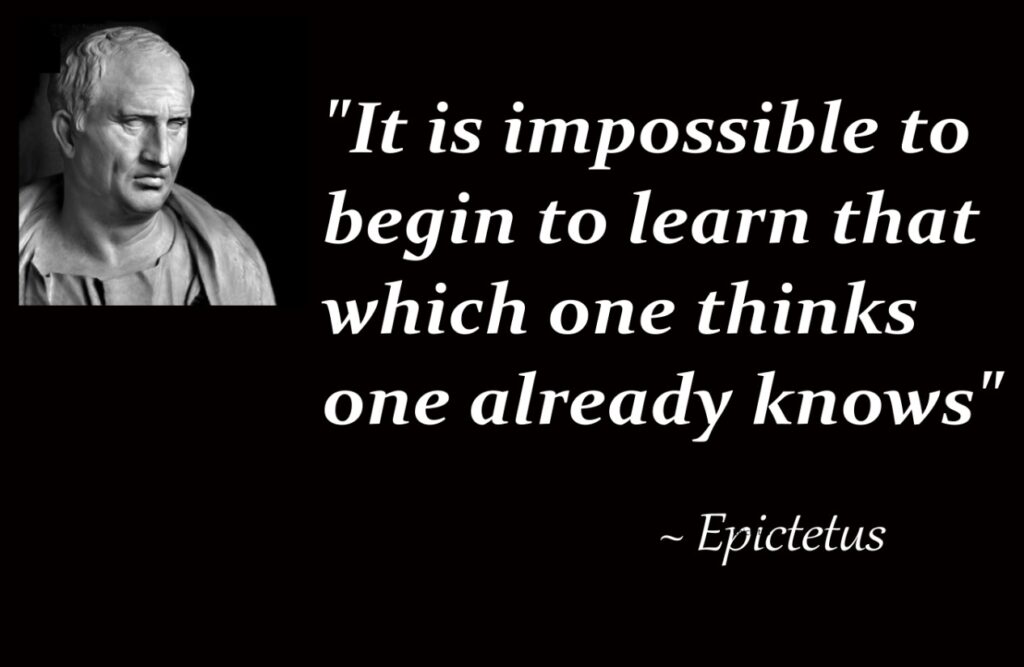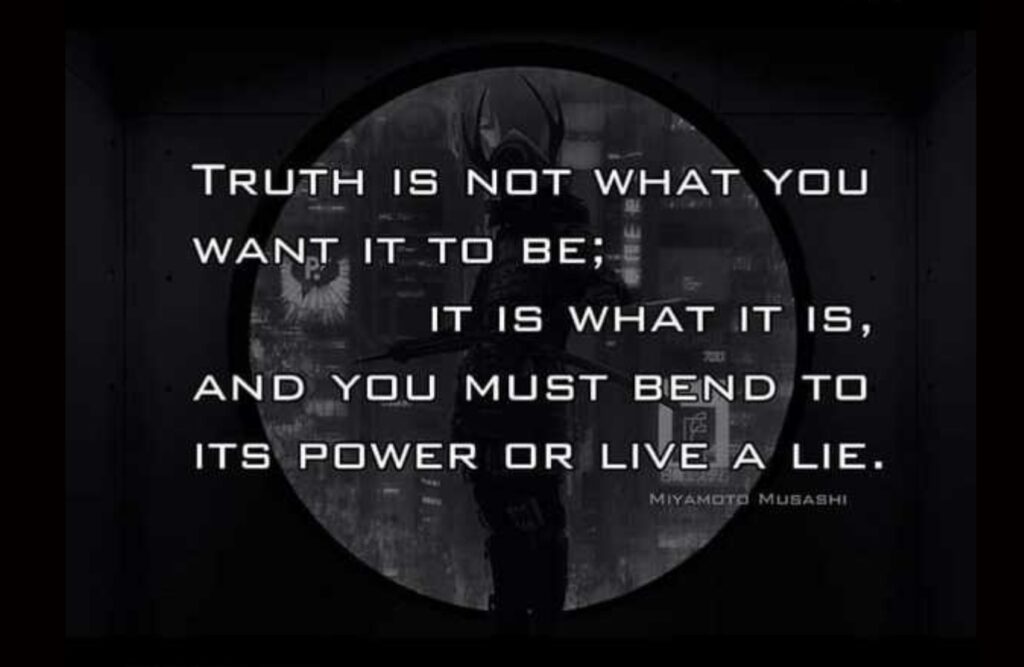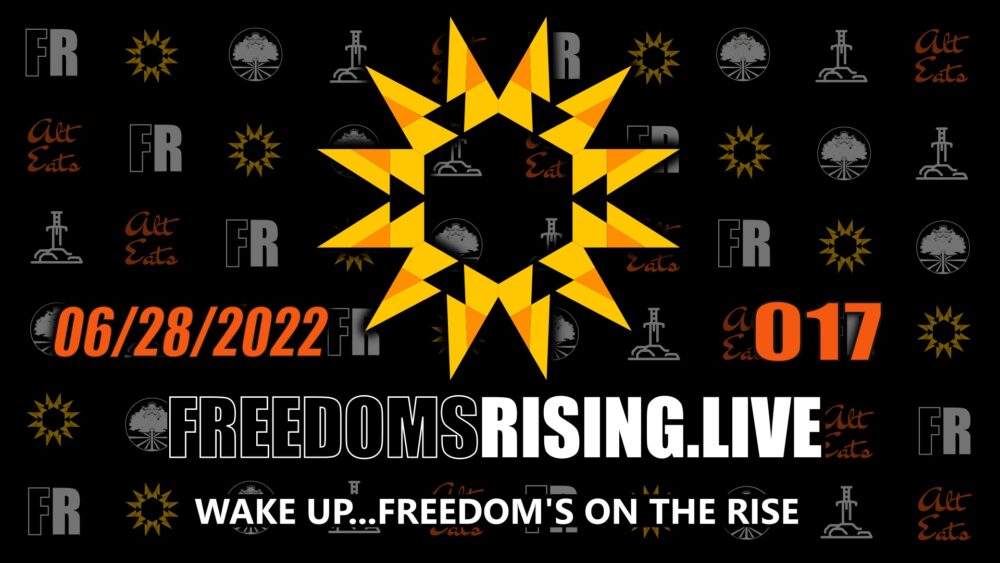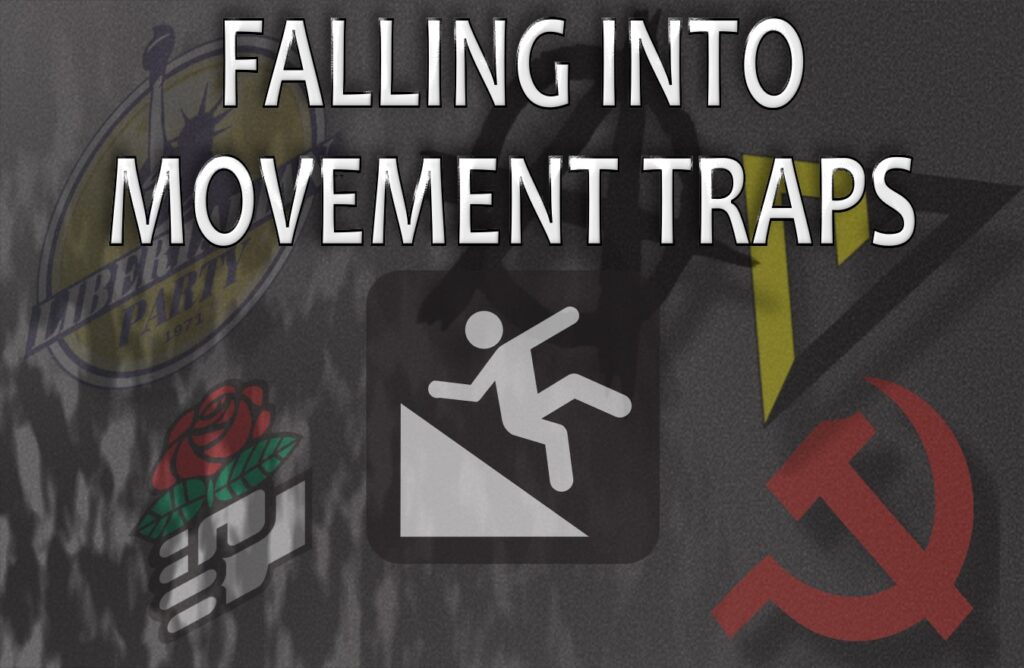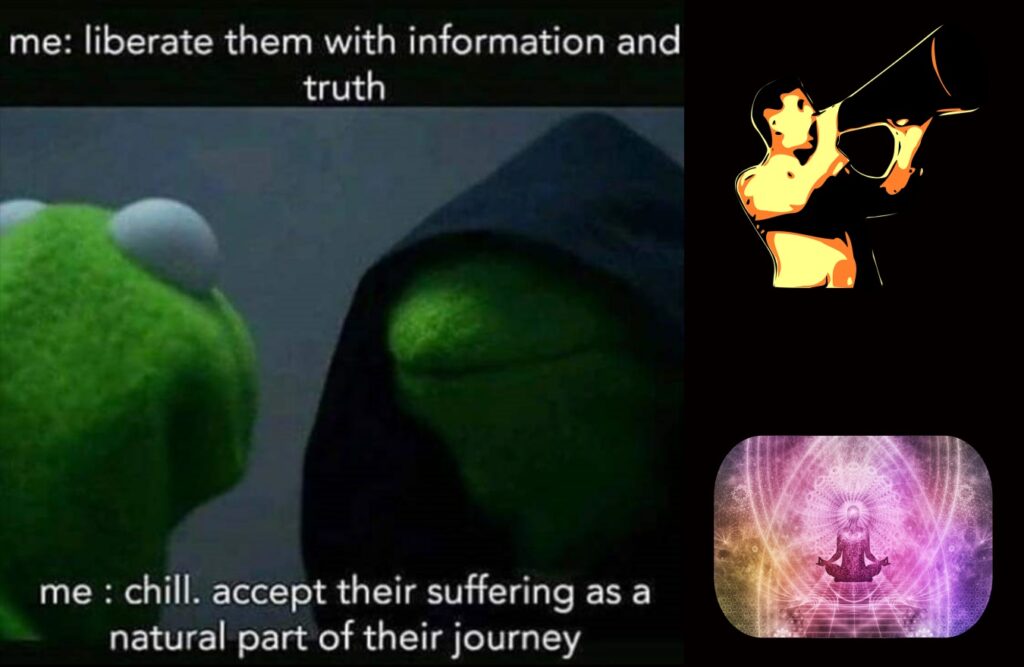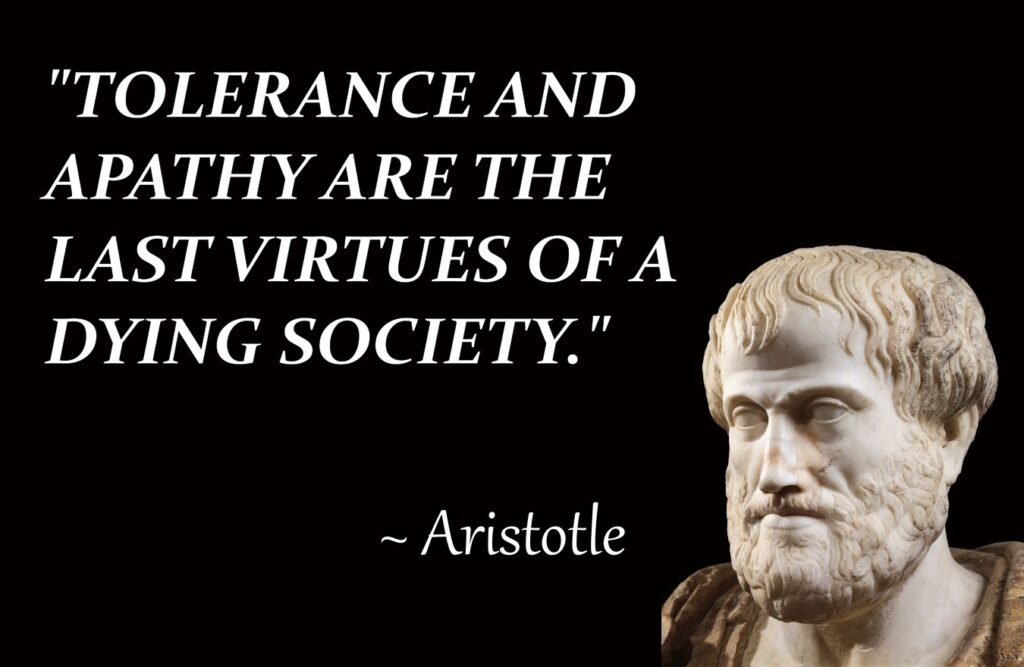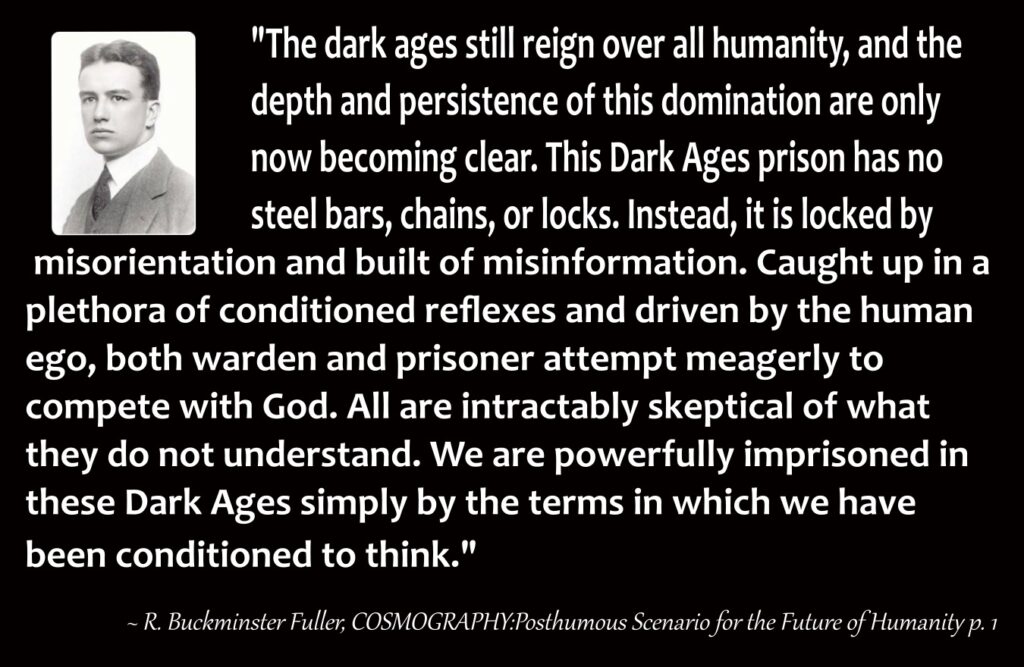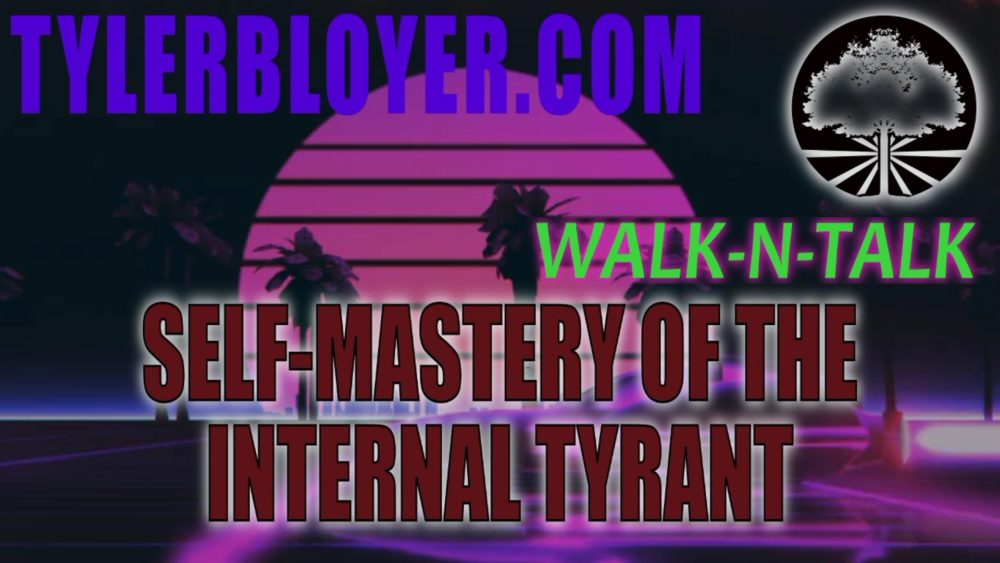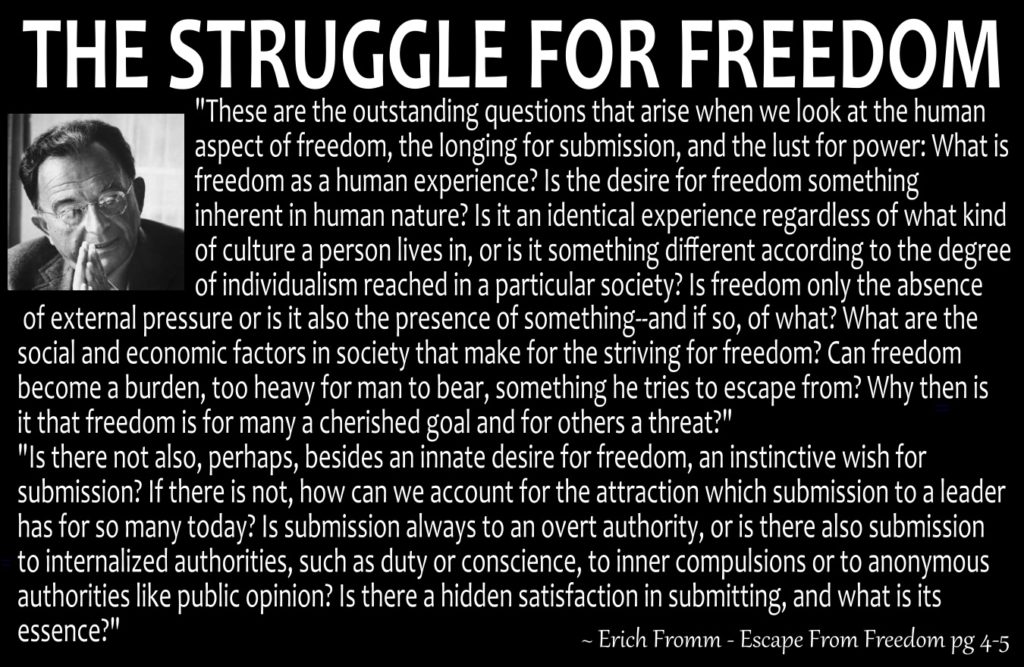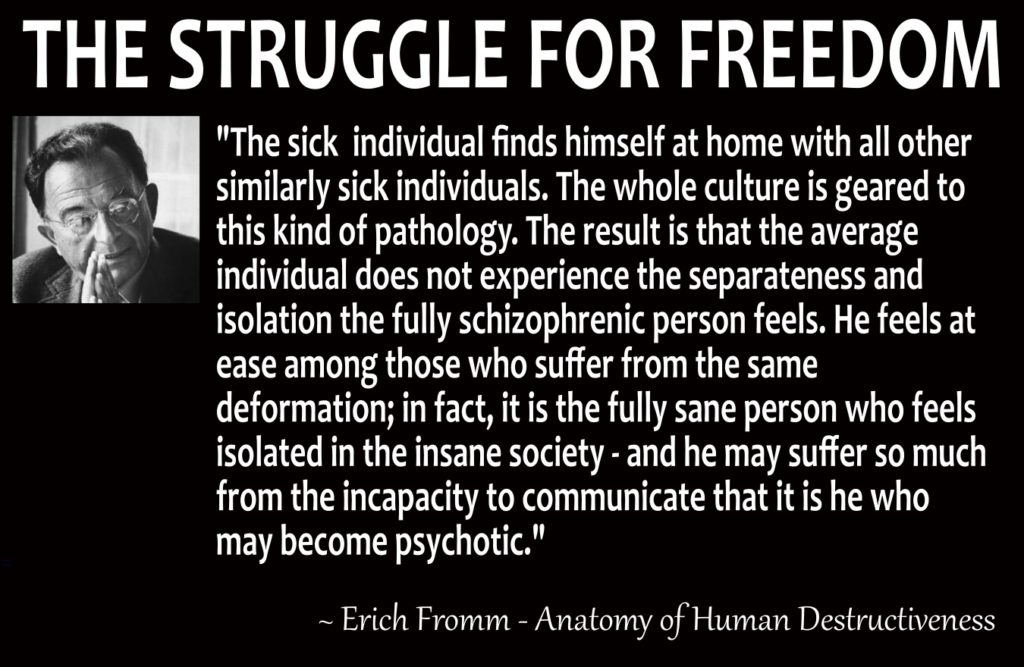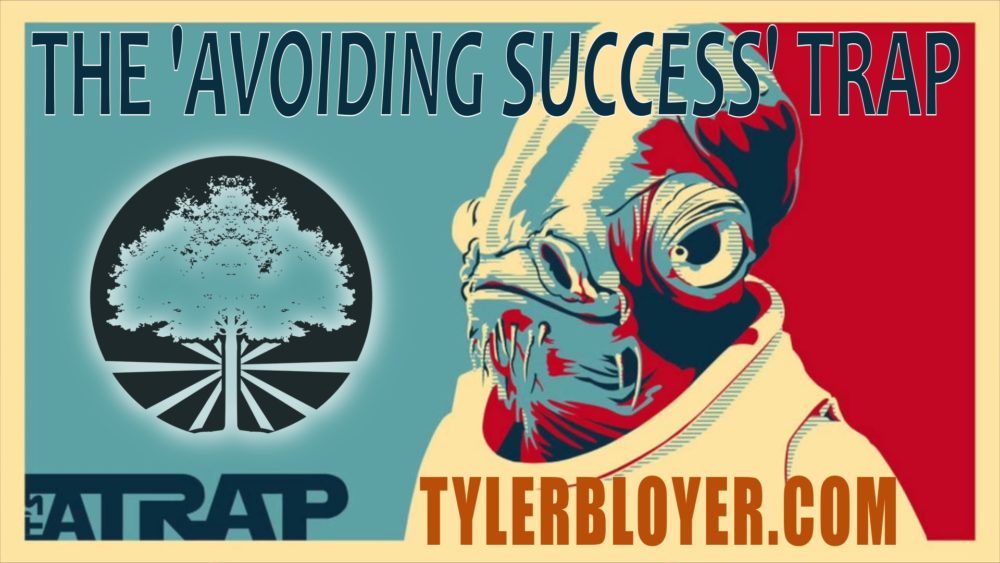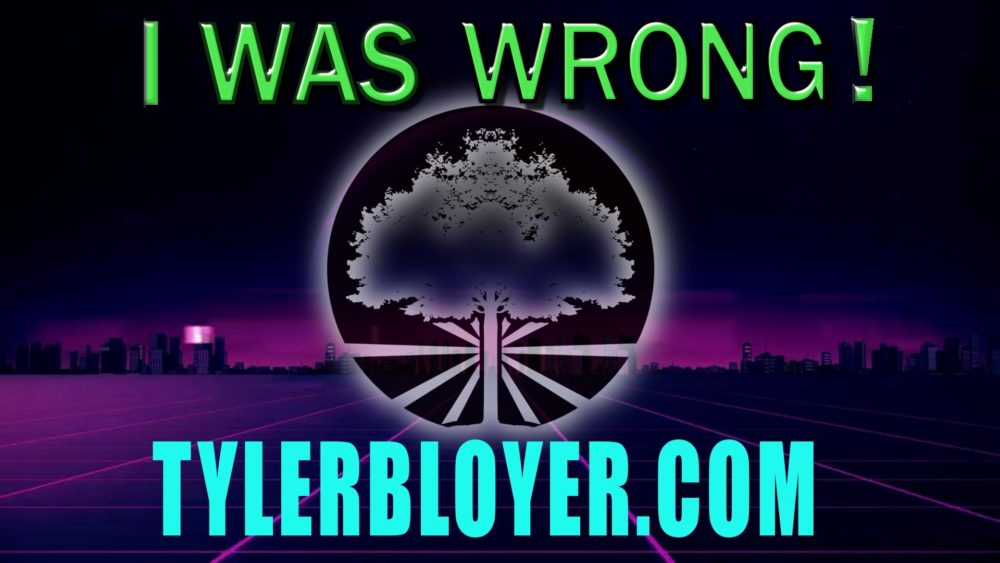Wake Up, Freedom is on the Rise | Falling Into Movement Traps part 07 | Freedom’s Rising 023
Watch Video on: | Bitchute | Odysee | YouTube | Flote | Rumble | IPFS | Download Video
Podcast: Play in new window | Download Subscribe to Audio version: Apple Podcasts | Spotify | Amazon Music | Android | iHeartRadio | Podcast Index | TuneIn | Deezer | RSS | More
Welcome to Episode 023 of the Freedom’s Rising series, Falling Into Movement Traps part 07. Wake Up…. Freedom is on the Rise!
Resources
- Freedom’s Rising
- Revolutionary Movements (Falling Into Movement Traps)
- The “Tree of Liberty” letter
- Cults, New Age Gurus, Transformational Festivals & Female Messiahs: Jay Dyer + Tristan Haggard
- The Story of Nowhere – Daniel McCarthy
- The Story of Nowhere” Audiobook (Full)
- Utopia
- Cybernetics – Brain
Upcoming Events
- Jackalope Freedom Festival August 1-14th 2022
- Crimes Against humanity Tour
- Freedom Under Natural Law Conference September 10th and 11th
- The Self Reliance Festival October 1st and 2nd 2022
- The Greater Reset 4: Co-Creation – January 18-22, 2023 Live in Morelia, Mexico, Central Texas and online
- Anarchapulco February 2023
- Midfest – Mid-Continent Liberty Festival Late April 2023
- Porcfest June 2022
Freedom’s Rising Social:
Check out our live streams:
- Freedom’s Rising: https://freedomsrising.live
- ‘FloteCasting’ Freedom’s Rising! https://flote.app/user/Freedoms_Rising/live
- AltLife Backyard Chickens… Live! https://alteats.life/chickens/
Donate:
- https://tylerbloyer.com/Donate/
- https://streamlabs.com/tyler_bloyer/tip
- https://freedomsrising.live/support/

To subscribe to email updates please enter your email address in the form below:

